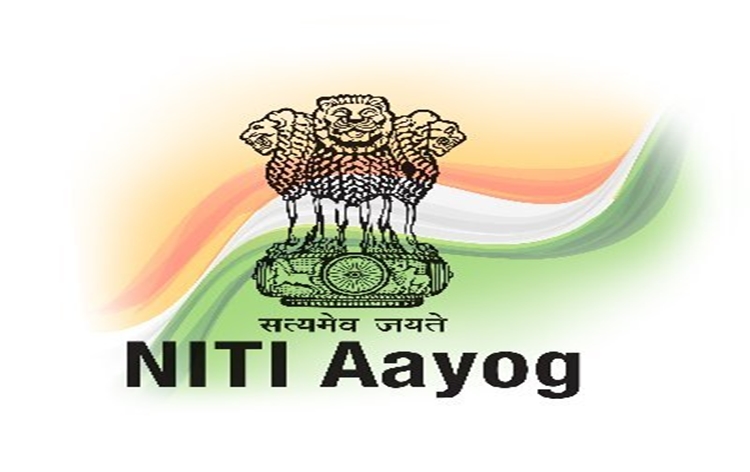
US reciprocal tariff plans likely to hurt less, create more opportunities : Niti Aayog
NEW DELHI : The US plan to impose reciprocal tariffs may have limited impact on India as it would select sectors only and could even create new opportunities for Indian exporters, NITI Aayog Programme Director Pravakar Sahoo said on Friday. India is well-positioned compared to Mexico, China, and Canada, which together account for 50 per cent of America’s total imports, he said.
“We are analysing the data at a highly disaggregated level… These are preliminary findings, but I can assure you that we are not going to lose out. These reciprocal tariffs will affect only a few specific sectors and, in fact, could create opportunities to expand our exports,” Sahoo said at the release of the second edition of NITI Aayog’s quarterly Trade Watch.
Meanwhile, NITI Aayog member Arvind Virmani pointed out that after the US imposed tariffs in 2018, China’s share of US imports declined. He stated that such tariffs have historically led to increased export opportunities, benefiting five countries in 2018—Taiwan, Vietnam, Thailand, Mexico, and India.
While Canada and Mexico are to face 25 per cent tariffs in the US, the tariffs on China would be around 20 per cent.
“If you compare our position and the post imposition tariffs of competitors.. We are much better off in the post scenario. In six out of top ten top products we will benefit,” Sahoo said.
Speaking at the event, Niti Aayog member Arvind Virmani said that after trade tensions erupted between US and China in 2017, five countries gained from that – Taiwan, Vietnam, Thailand, Mexico and India. India was fifth amongst the five countries that benefited from China’s loss and the challenge was to move the country up to the first position, he said.
Virmani suggested that free trade agreements with those countries with large shares of manufacturing, which are sources of FDI and which are the headquarters of MNCs would be beneficial for India as they can act as lead anchor investors.
“The top countries in this context are the US, EU, Japan, UK and S Korea,” he said.
When asked that the situation had changed now with not just China, but many others such as India likely to be hit by US tariffs, Virmani said that one must be focussed on the opportunities while dealing with the rest.
The US is scheduled to impose reciprocal tariffs on countries with high tariffs on April 2, but India, which is negotiating a Bilateral Trade Agreement with the country, hopes to avoid them.
US President Donald Trump has declared plans to introduce reciprocal tariffs in April on key trading partners, including India. He has repeatedly argued that India imposes high tariffs on US goods. The US has already imposed similar duties on Chinese imports.
A US delegation, led by Assistant US Trade Representative for South and Central Asia Brendan Lynch, is currently in India for negotiations on a proposed bilateral trade agreement. The talks are expected to conclude on Saturday.
India and the US are aiming to finalise the first phase of the agreement by autumn 2025 (September-October). Both nations have also set a target to more than double bilateral trade to $500 billion by 2030, up from the current level of over $190 billion.

